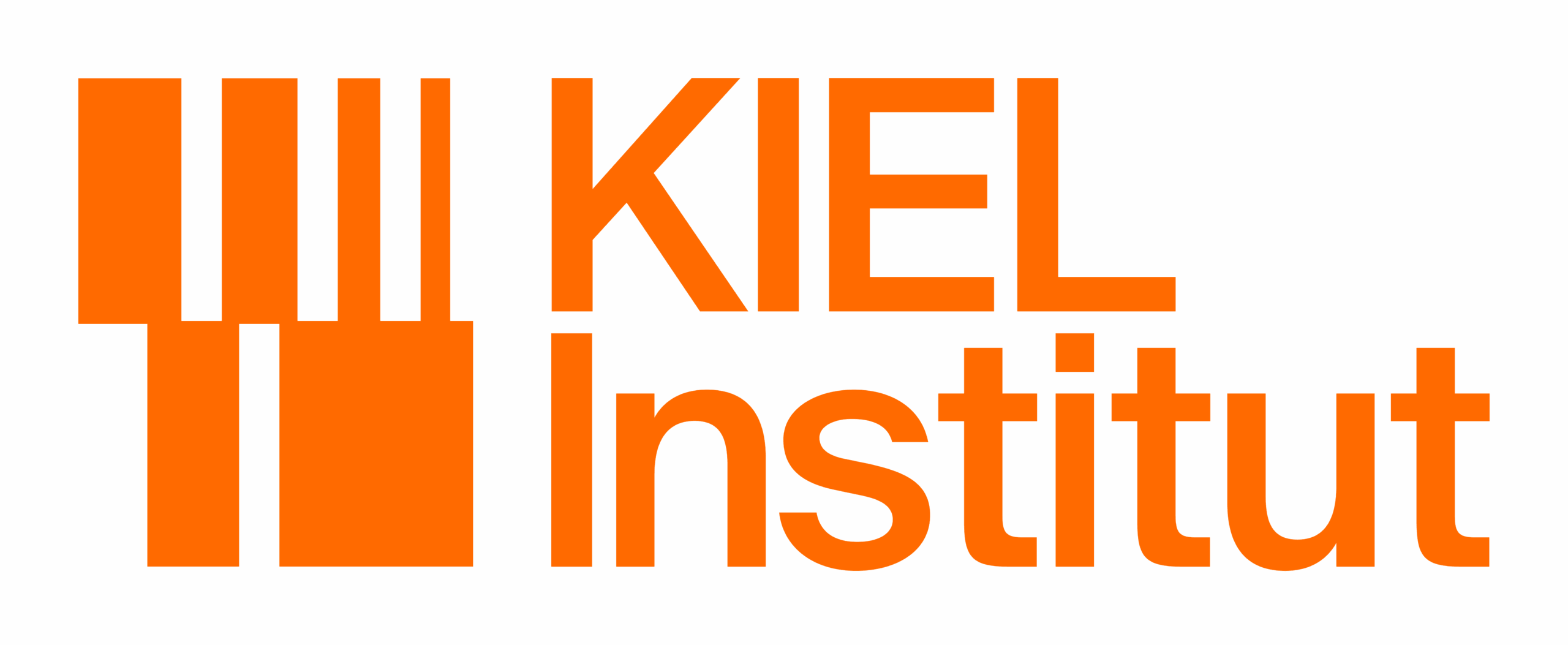Virtue Ethics Between East and West in Consumer Research: Review, Synthesis and Directions for Future Research
14th November 2019

 KCG Projects
KCG Projects


